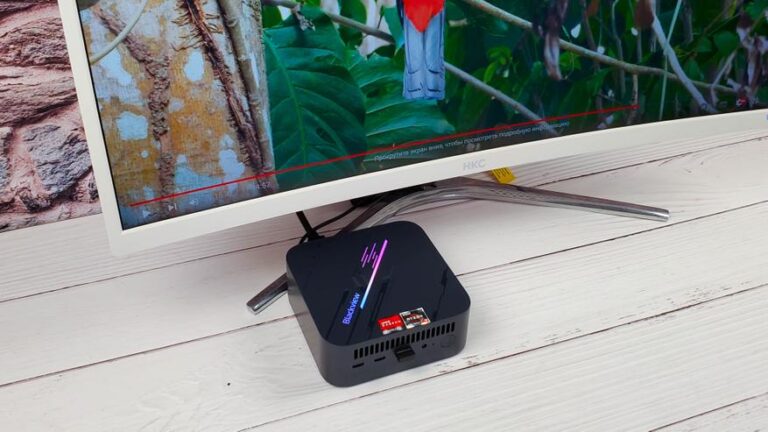How to raise a personal Proxy in Europe in 15 minutes
Setting up a personal VPN server: technical guide
In modern conditions, ensuring stable and secure access to various online services is becoming an increasingly urgent task. While there are many ready-made VPN solutions available, creating your own VPN server can provide a number of significant benefits.
Features of various VPN protocols
When choosing a protocol for a personal VPN server, it is important to take modern realities into account. Classic protocols such as Wireguard and Outline have certain operating limitations. An alternative is the VLESS protocol, which has proven itself well even in regions with strict Internet regulation.
Technical requirements and choice of hosting
To deploy a personal VPN server you need:
Virtual server with Debian 12 operating system
Marzban software
Basic skills in working with administration systems
In the process of researching various hosting providers, I discovered an interesting budget solution – u1host.com. They offer a DE-PROMO tariff with the following characteristics:
1 vCPU
1 GB RAM
10 GB NVMe drive
100 Mbps port
Pre-installed Marzban on Debian 12


Marzban setup process
After logging into the Marzban control panel, you will see the main interface. To get started, you need to create a new user by clicking the “Create” button in the upper right corner.

When creating a new user:
Enter your username in the Username field
Select the VLESS protocol from the list of available protocols
If you wish, you can set a traffic limit and add a comment
Click the “Create” button

After creating a user, you will see it in the list. To the right of each user there are three buttons:
Copy configuration
View details
QR code for quick setup on mobile devices

Client software
The following clients are recommended for different operating systems:
Windows: NekoBox – stable operation and reliable connection
MacOS: V2Box – an optimized solution for the Apple ecosystem
iOS: V2Box – user-friendly interface and stable operation
Cross-platform solution: Hiddify – available on all platforms, but may have delays
Benefits of a personal VPN server
Full control over the infrastructure
No restrictions on the number of devices
Possibility of fine-tuning to suit your needs
More stable connection compared to public services
Security Recommendations
When setting up a personal VPN server, you should pay special attention to:
Regular software updates
Using complex passwords
Creating separate profiles for each device
Server monitoring
Conclusion
Creating your own VPN server is a technically affordable solution that can provide stable and secure access to online resources. If configured correctly, such a server can become a reliable tool for everyday use.





